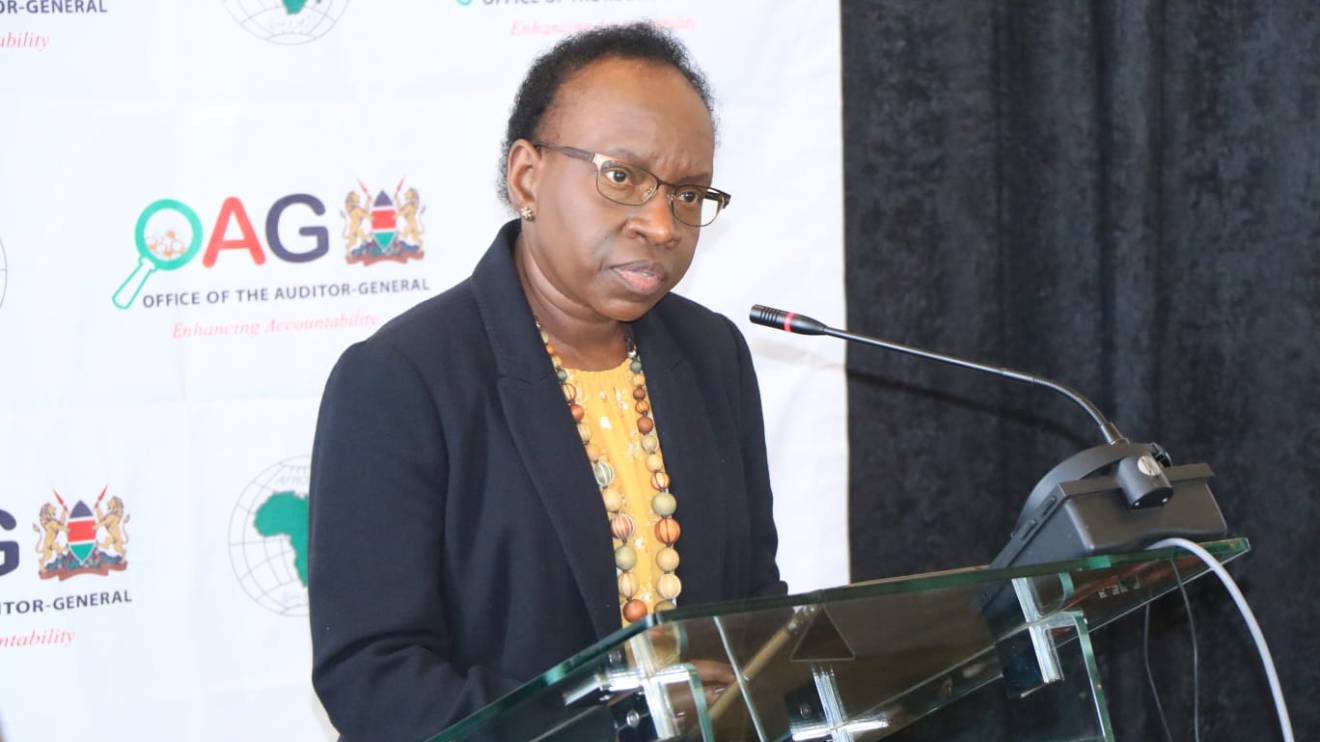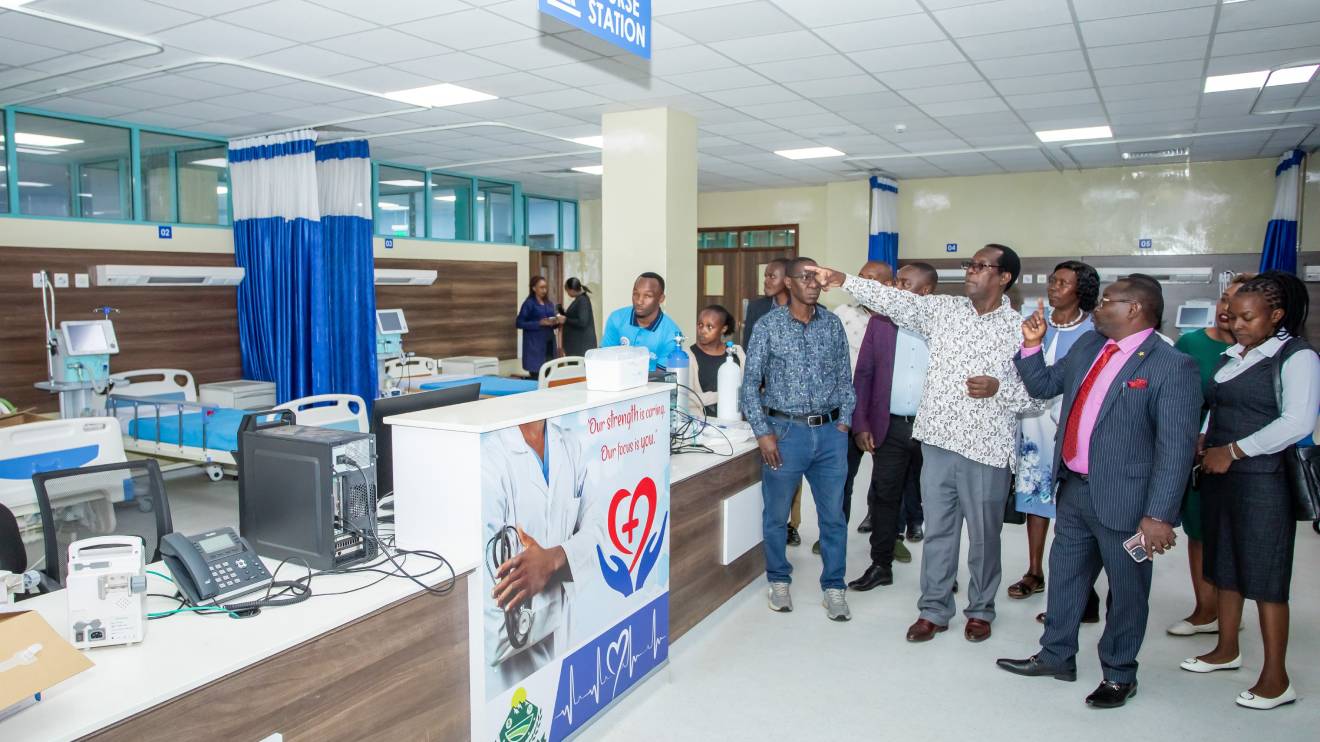A fresh audit of government revenues has uncovered a discrepancy of at least Sh144 million collected through the e-Citizen platform, raising concerns over accountability in the digital system handling billions in public funds.
The findings, detailed in the latest report by Auditor-General Nancy Gathungu, expose inconsistencies in the financial records of various ministries, departments, and agencies (MDAs), pointing to possible mismanagement or misappropriation of public money.
Gathungu’s review of revenue statements and digital receipts flagged multiple variances between amounts recorded in government ledgers and what was actually collected through the e-Citizen portal.
“Review of the e-citizen revenue accountability platform and the revenue statements revealed variances between balances reflected in the revenue statements, e-portal system and the ledger,” Gathungu stated.
Among the biggest discrepancies was in the Ministry of Lands, led by Alice Wahome. The ministry received Sh7.237 billion through e-Citizen but only had Sh7.1 billion in actual balances, leaving a gap of more than Sh138 million.
Read More
Its financial statements further complicated matters by reporting a balance of Sh7.239 billion—an amount higher than both the actual balance and the e-portal receipts, suggesting an overstatement in its records.
The ministry facilitates 17 services through e-Citizen, ranging from title deed registration to construction permits.
The audit also found gaps in other agencies. Business Registration Services, which processes business registrations and related services, recorded system receipts of Sh1.18 billion, yet its actual balance stood at Sh1.176 billion, creating a difference of Sh4.2 million.
Similarly, the Registrar of Motor Vehicles reported collecting Sh3.635 billion via the platform but had only Sh2 billion in its final balance, while its financial records overstated collections by Sh7.8 million.
At the Kenya Revenue Authority (KRA), auditors found a discrepancy of Sh128.9 million.
The tax agency reported collecting Sh20.738 billion, whereas its actual balances reflected only Sh20.6 billion, pointing to inconsistencies in its financial reporting.
agencies showed similar patterns, where reported balances appeared inflated compared to verifiable e-Citizen transactions.
These findings emerge at a time when the government is rapidly expanding digital access to public services.
By June 2024, an additional 5,084 services had been integrated into the e-Citizen platform, bringing the total to 17,692.
However, despite the push for digitisation, Gathungu’s report highlights fundamental weaknesses in the system’s transparency and governance.
One of the key concerns is that Sh1.9 billion in payments recorded on e-Citizen was classified as partial, incomplete, or duplicated.
“It was not clear why the balance had been classified as partial, incomplete and duplicated and what efforts Management was taking to clear the amount from its records,” Gathungu observed.
The audit also raised concerns over the platform’s control, noting that it remains under private sector management, limiting the government’s ability to make independent adjustments, such as onboarding new services.
Additionally, the Government Digital Payment Unit, which oversees e-Citizen, is yet to be registered as a data controller with the Office of the Data Protection Commissioner.
The unit also lacks a data protection policy and has failed to submit mandatory quarterly reports on revenue receipts and disbursements, in violation of Public Finance Management Regulations.
In response to these concerns, the Office of the Auditor-General has launched a special audit of e-Citizen. Gathungu stated that the review “is expected to provide highlights on the credibility and reliability of the E-Citizen system including assurance on whether data processed through the system was accurate and complete.”
The findings of this deeper investigation could shape future government policies on digital financial management and accountability.





-1740168973.jpg)




